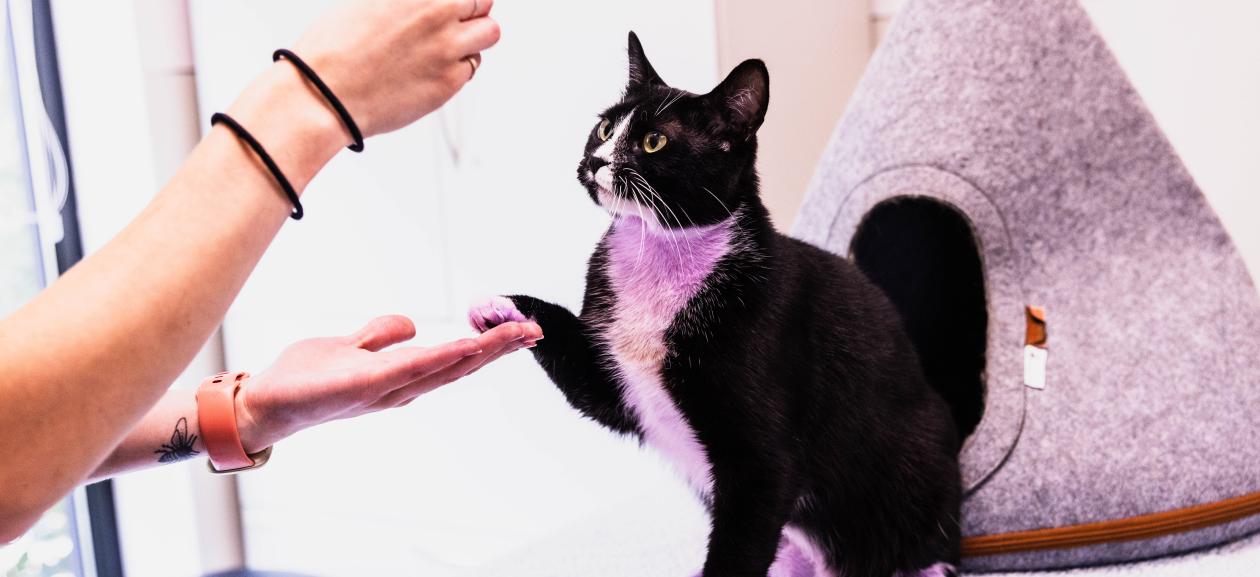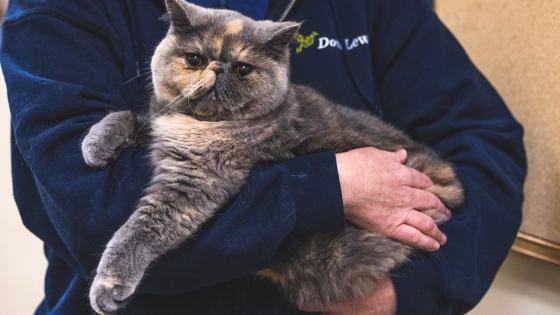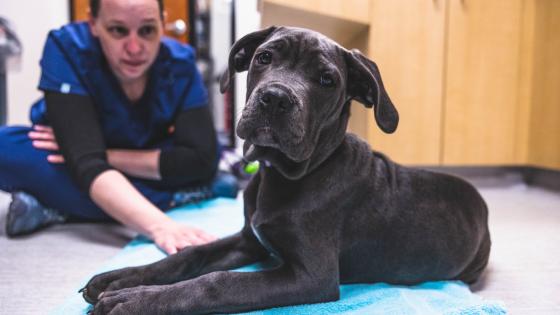
Pawsitive Vibes Only: The Playful Pursuit of Feline Happiness
Did you know that play is crucial for cats? Cats are often seen as independent creatures, but engaging in playtime activities is actually essential for their well-being. Whether they are kittens or senior cats, play offers a wide range of physical, mental, and emotional benefits. So, let's delve into why play is so important for cats and discover ways to incorporate fun and stimulating activities into your feline friend's daily routine.
Why Play Is Important for Cats?
Physical Exercise
Just like humans, cats need regular exercise to maintain a healthy weight and prevent obesity-related health issues. Playtime is essential for cats to release their extra energy, ensuring they stay active and healthy. Active play not only helps cats maintain strong muscles, but also enhances their flexibility and coordination, regardless of their age.
Mental Stimulation
Cats benefit greatly from playtime as it keeps their minds active and engaged. Interactive toys and puzzle feeders encourage cats to think and use their natural hunting skills. This mental stimulation is especially crucial for indoor cats, as it prevents boredom and decreases the chances of behavioral issues like anxiety and depression.
Bonding and Socialization
Playing with your cat is not just fun, it's also a chance for you to connect with them and for them to bond with other pets in your home. When you engage in interactive play sessions, it helps strengthen the bond between you and your cat, building trust along the way. If you have multiple cats, playing together can encourage positive social interactions and minimize conflicts between them.
Stress Relief
Playing is a great way for cats to unwind and let go of any built-up stress. It allows them to release their excess energy and feel more at ease. Engaging in regular playtime can help alleviate tension and promote a sense of relaxation, particularly for cats that are prone to feeling stressed or anxious.
How to Incorporate Play in to Your Cat's Routine
Provide a Variety of Toys
Offer a variety of toys that cater to your cat's interests and preferences, including interactive toys, feather wands, laser pointers, and puzzle feeders. Rotate toys regularly to keep playtime exciting and prevent boredom.
Find Time for Regular Play Sessions
Set aside dedicated playtime sessions each day to engage with your cat. Aim for at least 10-15 minutes of interactive play twice a day. Choose a time when your cat is most active, such as morning or evening, and create a consistent play routine.
Create a Play-Friendly Environment
Designate a play area in your home where your cat can safely explore and engage in play activities. Use vertical space by providing cat trees, shelves, and perches for climbing and jumping.
Be Interactive and Engaging
During play sessions, actively engage with your cat by using toys to mimic prey movements, such as darting and pouncing. Encourage your cat to chase, leap, and bat at toys to keep them physically and mentally stimulated.
Playing is a crucial aspect of a cat's existence, providing countless advantages for their physical fitness, mental state, and overall contentment. By including regular play sessions in your cat's daily schedule and offering captivating toys and activities, you can ensure your furry companion remains entertained, stimulated, and satisfied.




